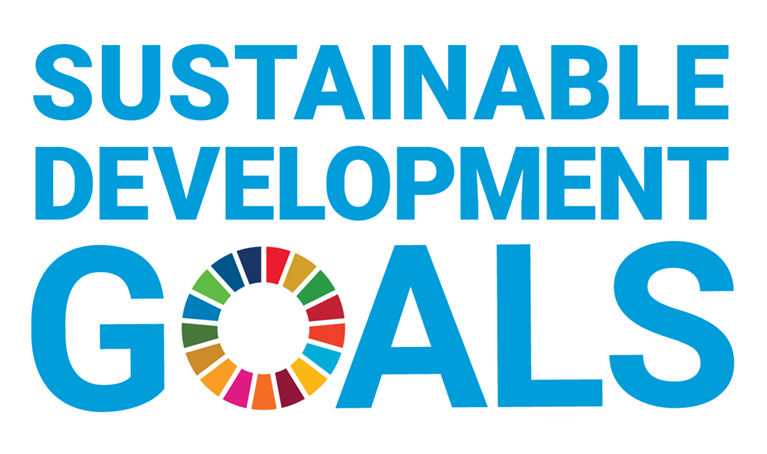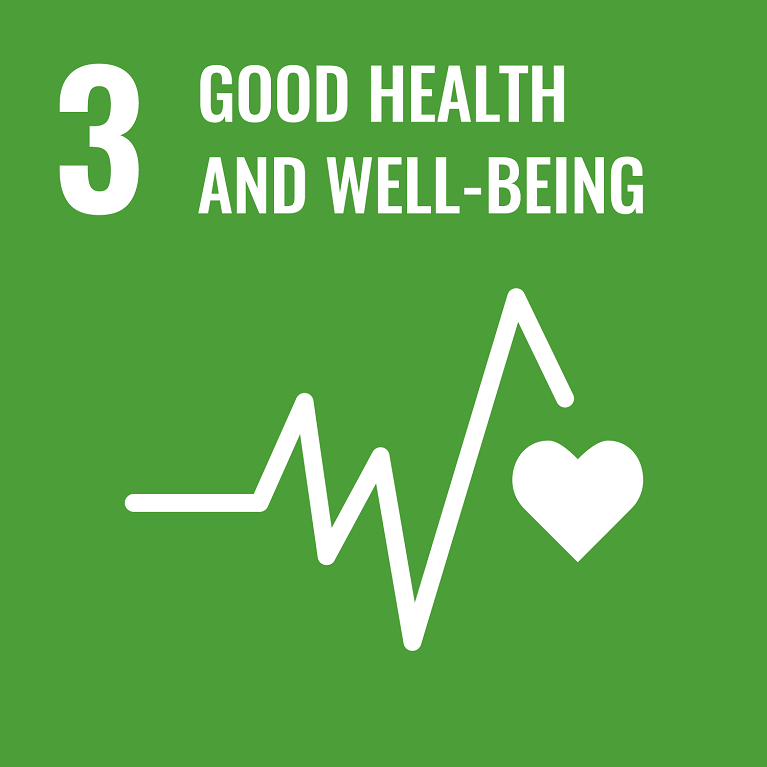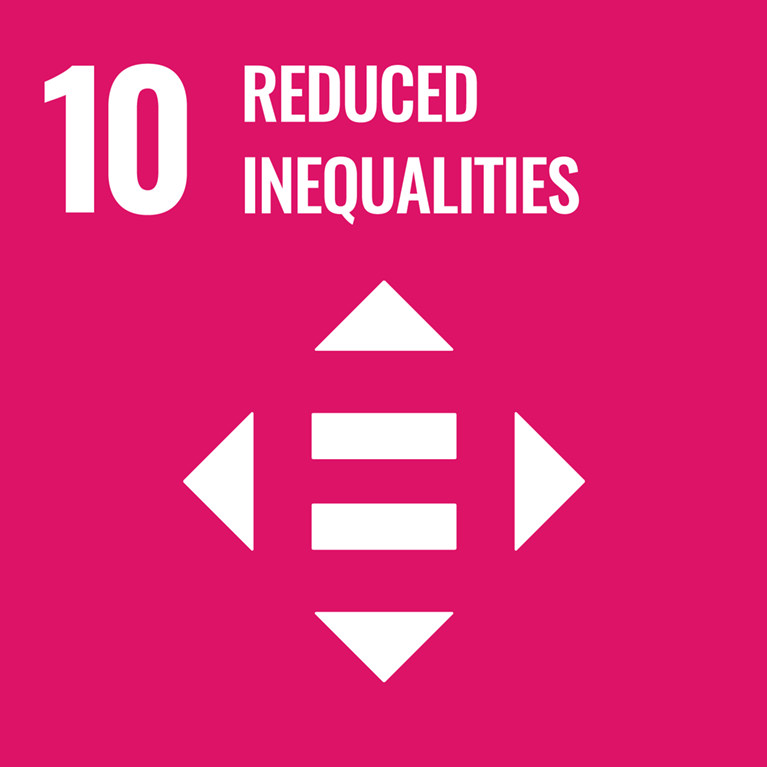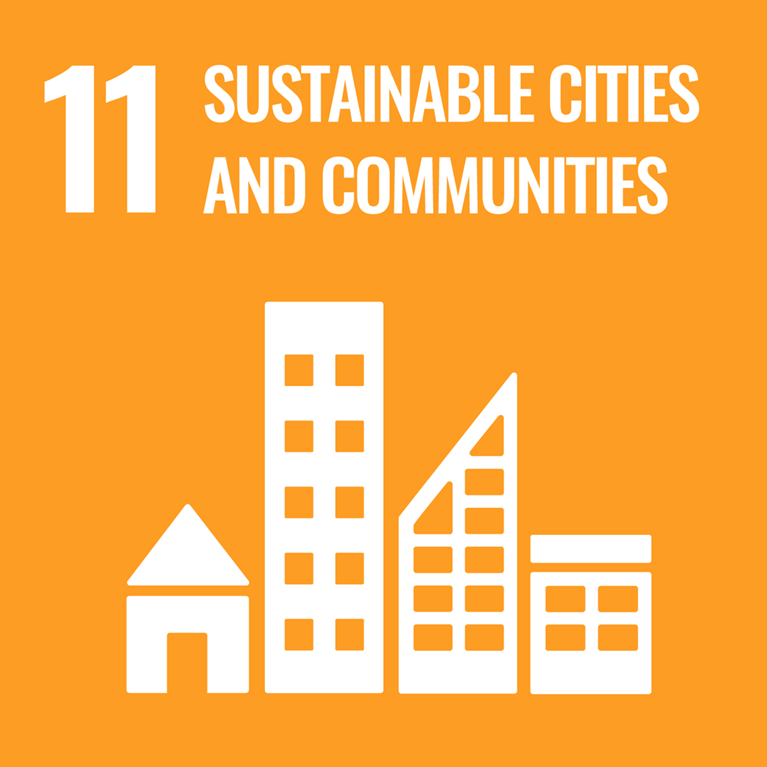
A study examining the Drug, Alcohol & Recovery Team and the Drug Recovery Wing at HMP Rye Hill
Value
£10,000
Collaborators
HMP Rye Hill, G4S and Public Health Northamptonshire
Team
Dr. Geraldine Brown (PI), Dr. Geraldine Brady, Becky Crookes and Dr Marilena Kyriakidou
Duration
June 2016 – June 2017
CAWR Theme
Community Self-Organisation for Resilience
Sustainable Development Goals




Project Objectives
Specific objectives in relation to the Drugs Alcohol & Recovery Team (DART):
- Understanding the DART process and mechanism used to support substance misusing offenders;
- To explore prisoners’ personal experiences of accessing and engaging in support provided by DART;
- To capture the extent and how DART support offenders’ health and wellbeing;
- To consider the extent to which engagement with DART encourages engagement in employment education and training;
- To consider the extent to which DART fosters positive relationships between offenders and staff (to include staff involved and not directly involved in delivery DART);
- To capture participants’ journeys stemming from their involvement with DART;
- To consider DART support needs;
- To consider the sustainability of DART.
Specific objectives in relation to the Drug Recovery Wing (DRW):
- To consider the extent and how DRW facilitated reduction in bullying, self-harm, drug use compared to other parts of the prison estate;
- To capture variations in experiences of those housed on the DRW and those accessing support from DART but housed in other areas of the prison estate.
Specific objectives for DART and DRW:
- To identify the potential benefits for key stakeholders (participants, DART, officers, G4S, public health);
- To identify potential challenges for key stakeholders;
- To identify areas of ‘good’ and ‘ineffectual’ practice.
Impact
The report presents key findings from a prison-based study examining the role of a Drug, Alcohol and Recovery team and a Drug Recovery Wing at category B prison. The work of prison based the Drug and Alcohol Recovery Teams and the implementation of Drug Recovery units have the potential to lead to positive outcomes for those in prison with a substance misuse issue or are at various stage of recovery. The report outlines the background and context to the study, paying consideration to the key factors shaping the environment in which prison based drug initiatives operate. The report then details the study’s framework, including the methodology and an overview of the participants and data collected. Key findings from the study are set out in three sections: (1) What does the data tell us about the Drug and Alcohol Recovery Team?;(2) What does the data tell us about the
Drug Recovery Wing?;and (3) Learning from the evaluation.
For more information on this project please contact Geraldine Brown.




